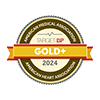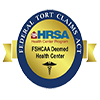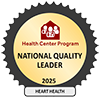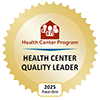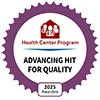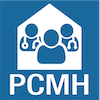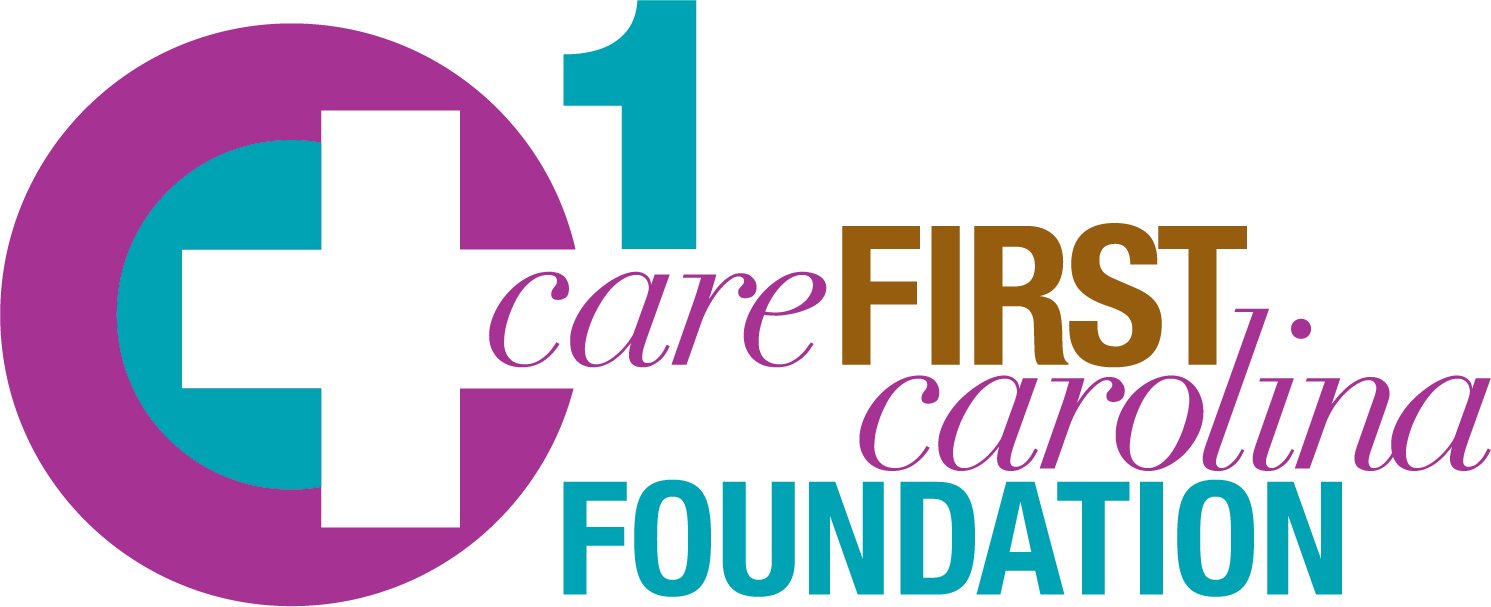Stress vs. Anxiety: What's the difference?
What’s the difference between anxiety and stress?
Stress is the normal physical response that you have when you’re faced with a challenge. Anxiety, on the other hand, is a different condition altogether and is more similar to constant fear and often comes with no identifiable reason.
Here are a few common effects stress and anxiety can have on different aspects of your life, according to The Mayo Clinic.
Common Effects of Stress:
On your body: Headaches, muscle tensions or pain, chest pain, fatigue, change in sex drive, upset stomach, sleep problems, frequent illness.
On your emotions: restlessness, lack of motivation or focus, irritability or anger, sadness or depression, forgetfulness, feeling overwhelmed, insecurity.
On your behavior: Over or under eating, angry outbursts, drug/alcohol use, social withdrawal, oversleeping or too little sleep, relationship conflicts, crying spells, avoidance/procrastination.
A few suggestions on Stress Management
- Get enough sleep
- Eat a healthy diet
- Get regular exercise
- Pay attention to negative self-talk
- Meditate
- Say ‘No’ to situations that add stress to your life, when possible
- Get a massage
- Talk with a friend or someone you trust
- Limit your caffeine intake
- Avoid using alcohol or drugs in an attempt to relieve stress
- Manage your time and energy (prioritize tasks with a to-do list)
- Laugh! Watch a funny movie
- Take time for relaxation, fun, and hobbies
Stress management is an important skill and can go a long way towards helping restore balance to your life.
When to seek help:
An estimated 40 million Americans live with some type of anxiety disorder. People with these disorders may feel anxious or stressed on a frequent basis and for prolonged periods of time.
Stress and anxiety are treatable conditions and there are many resources, strategies, and treatments that can offer assistance. If you’re unable to control your worries and stress is impacting your daily life, talk to your primary care provider about ways to manages stress and anxiety.
If you’re having thoughts about harming yourself or others, you should seek immediate medical help.






